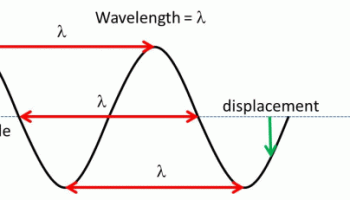
The immediate cause of World War I can be traced back to the assassination of Archduke Franz Ferdinand of Austria-Hungary in Sarajevo on June 28, 1914. The assassination, carried out by a Bosnian Serb nationalist, triggered a series of diplomatic crises and military alliances that ultimately led to the outbreak of war.
However, it is important to note that the causes of World War I are complex and multifaceted, involving a combination of long-standing rivalries, colonial disputes, economic competition, and the system of military alliances that existed at the time.
The war ended with the signing of the Armistice on November 11, 1918. The Central Powers, which included Germany, Austria-Hungary, and the Ottoman Empire, had been gradually losing ground to the Allied Powers, which consisted of countries such as France, the United Kingdom, Russia (until its withdrawal in 1917), and later joined by the United States.
By 1918, Germany was facing economic collapse and a series of military defeats. The German government sought an armistice, and negotiations took place. On November 11, 1918, the Armistice was signed, effectively ending the fighting on the Western Front.
The terms of the Armistice included the withdrawal of German forces from occupied territories, the surrender of significant amounts of military equipment, and the release of prisoners of war. Additionally, it required Germany to accept responsibility for the war and pay reparations.
The formal peace treaty that officially ended World War I was the Treaty of Versailles, signed on June 28, 1919. It placed the blame for the war squarely on Germany and its allies, imposed significant territorial and military restrictions on Germany, and demanded substantial reparations.
The end of World War I marked a significant shift in global politics, leading to the re-drawing of national boundaries, the collapse of empires, and the emergence of new nations. It also set the stage for future geopolitical tensions that would ultimately lead to World War II.






